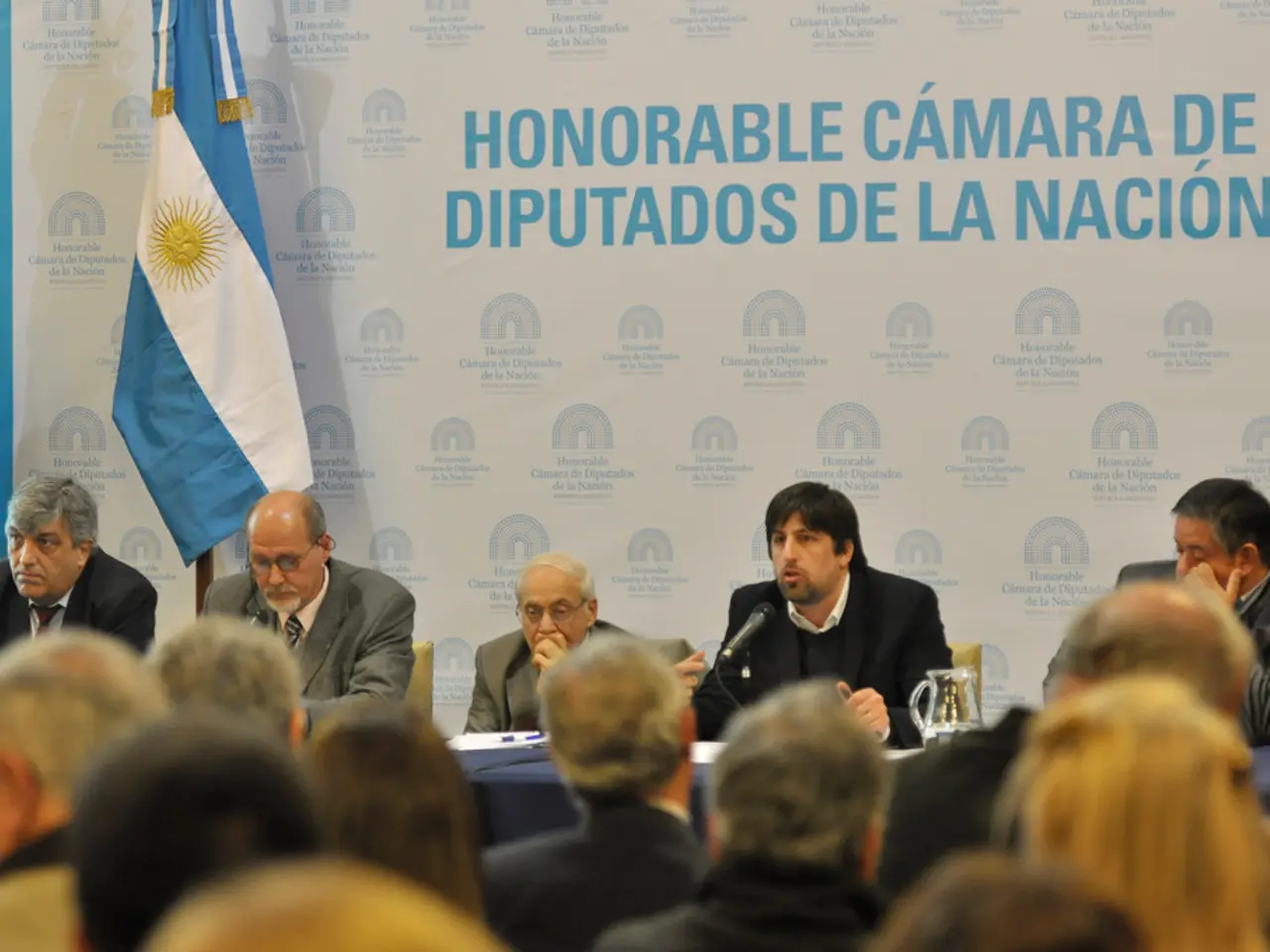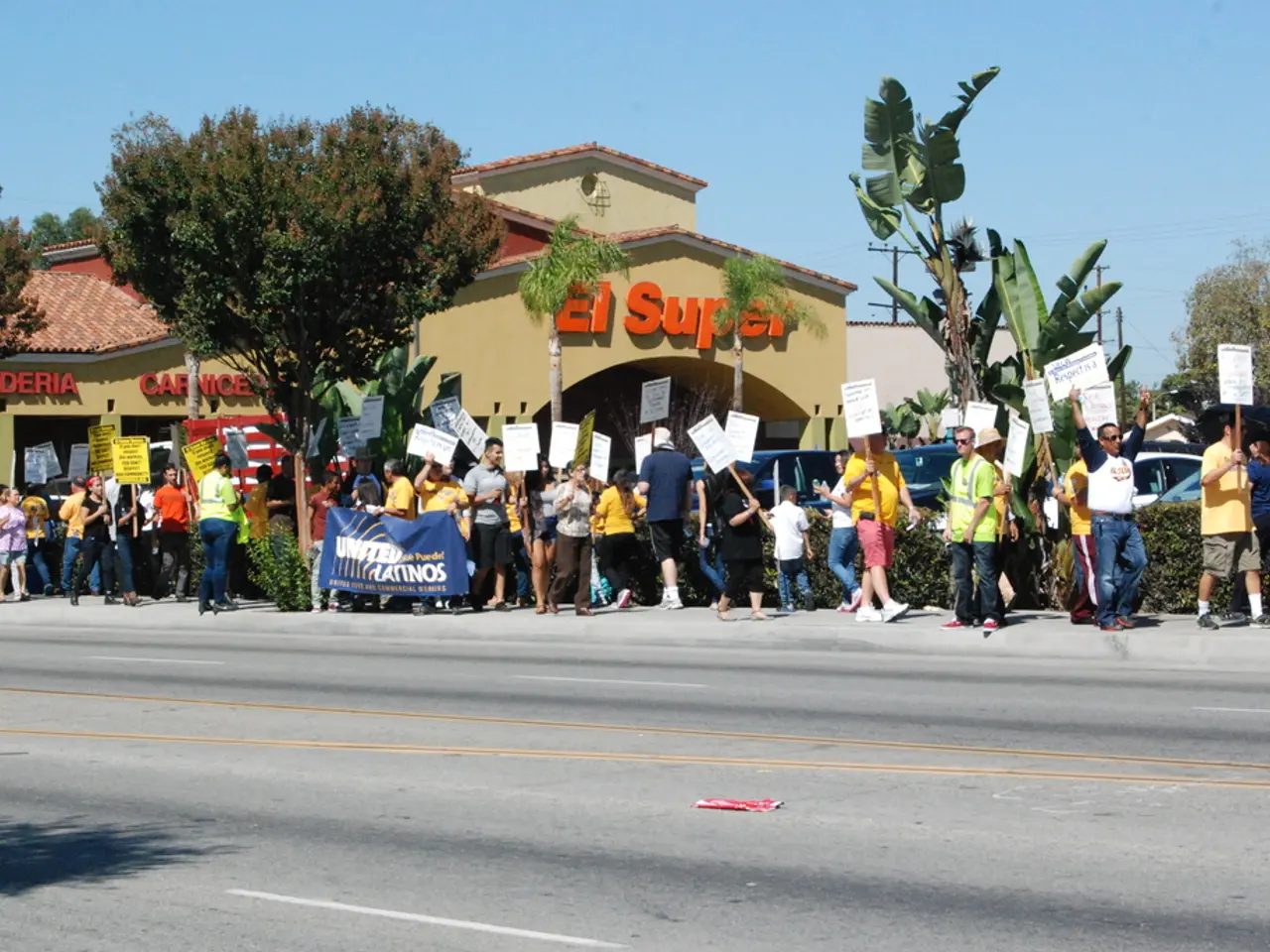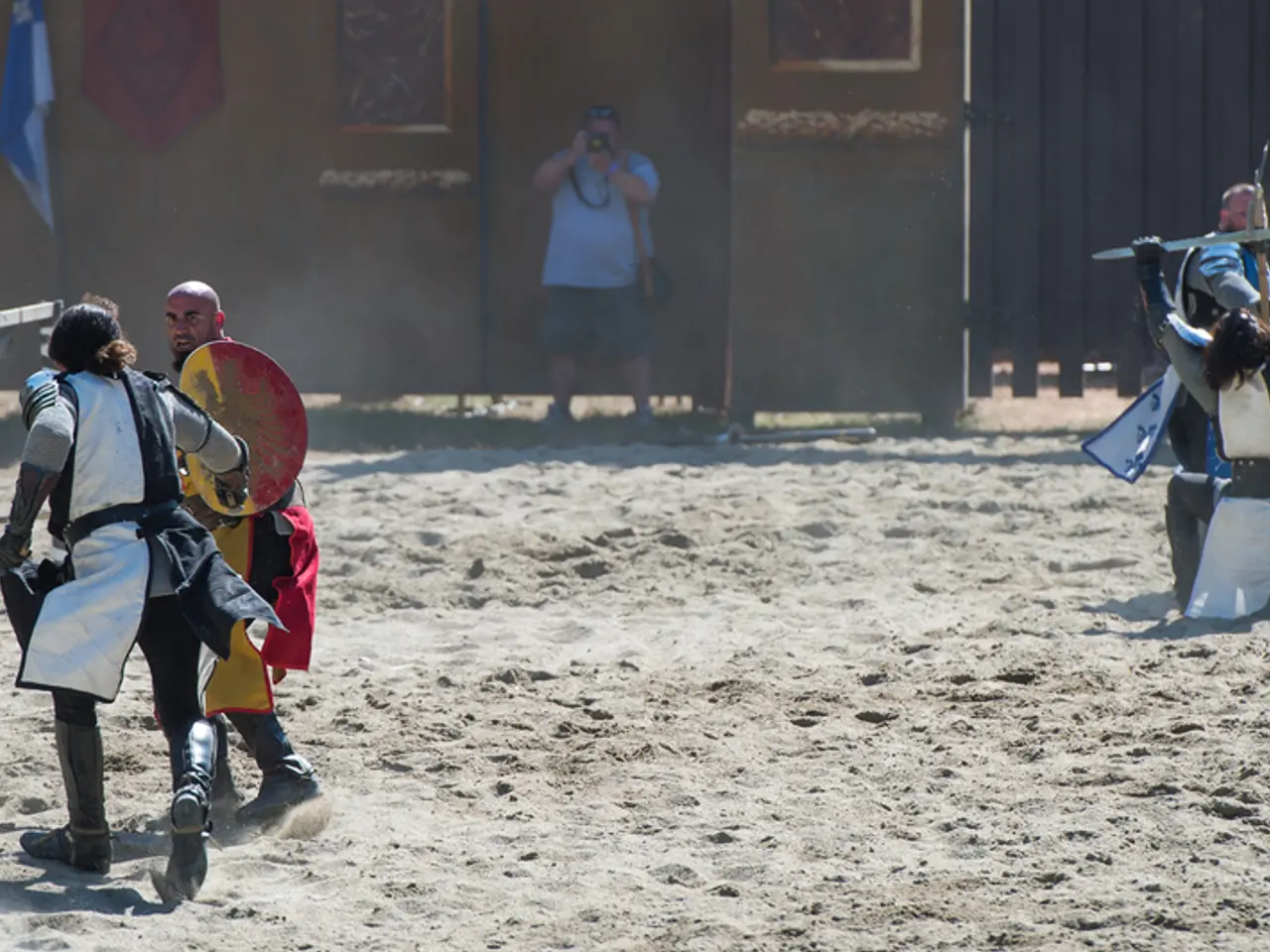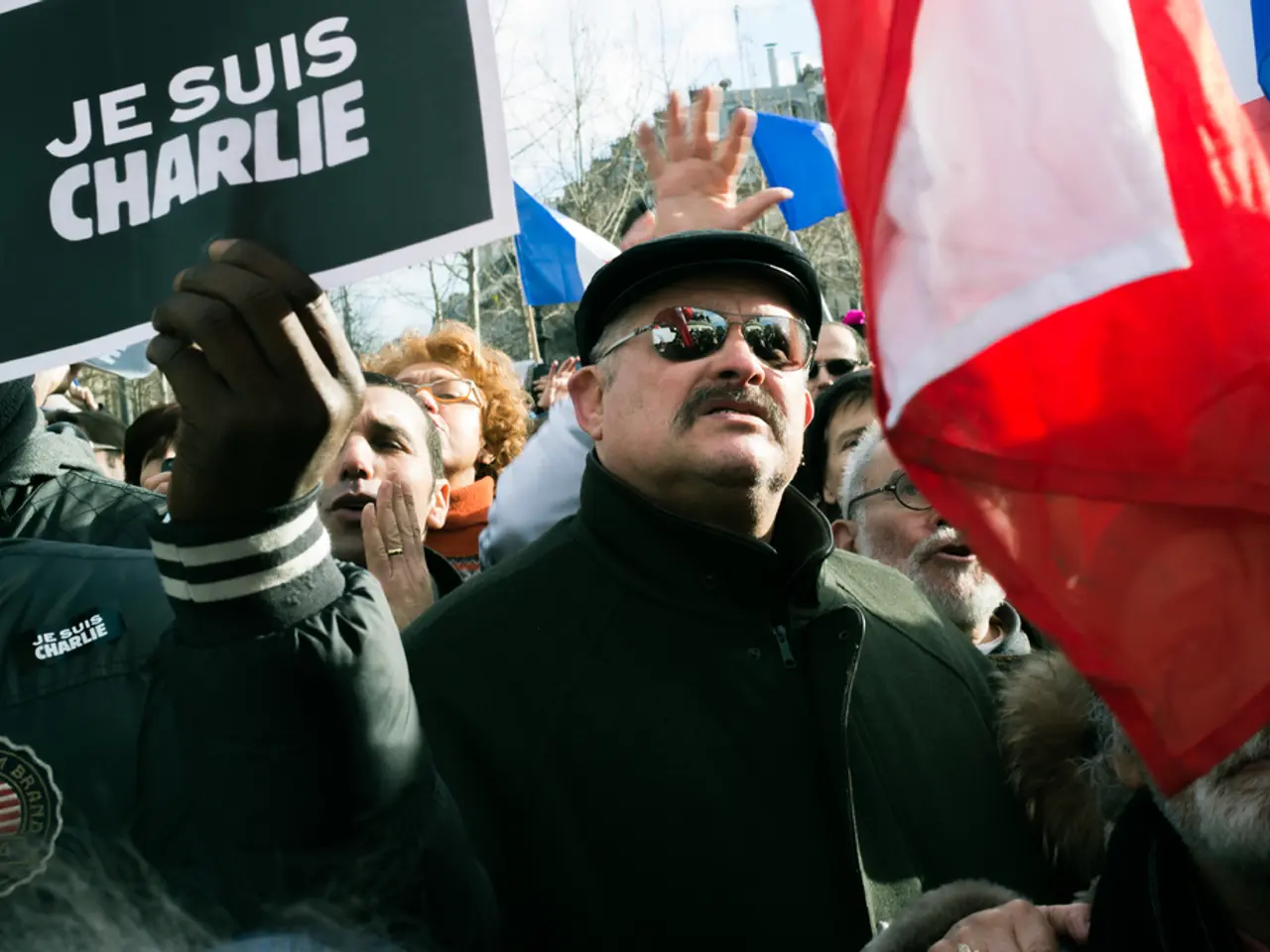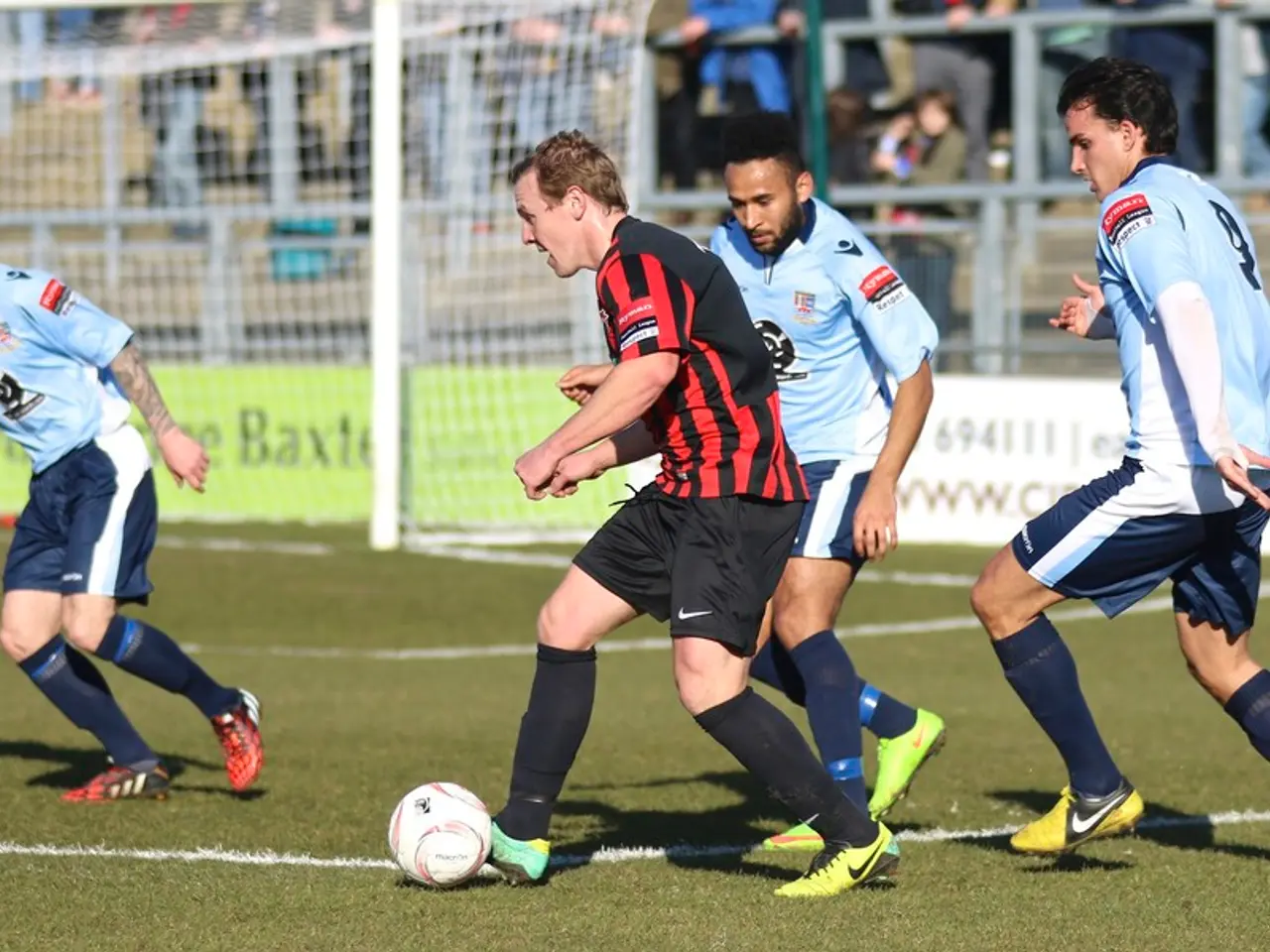Brazilian ex-president Bolsonaro faces detention at his residence
Former President Jair Bolsonaro of Brazil is currently under house arrest, following accusations that he orchestrated a coup attempt to overturn the 2022 presidential election results. The court's investigation, known as "Operation Counter-coup," revealed evidence of Bolsonaro's alleged plans to violently overthrow the democratic order, including plans to assassinate top officials and incite political unrest through social media.
Bolsonaro denies all accusations, calling them politically motivated persecution. The justice system considers his actions as "active political interference" aimed at circumventing direct censorship of his own channels.
This legal turmoil has intensified diplomatic tensions between Brazil and the United States. The U.S., under former President Donald Trump’s influence, has openly supported Bolsonaro. Trump condemned the trial processes and responded by imposing 40% tariffs on Brazilian goods and sanctioning Brazilian Supreme Court Justice Alexandre de Moraes under the Magnitsky Act.
The sanctions against Justice de Moraes came amid accusations by U.S. officials that he abused his judicial authority to suppress dissent and compel U.S. social media platforms to censor content, which the U.S. government argues violates American free speech protections. The Brazilian government, led by President Luiz Inácio Lula da Silva, has condemned U.S. interference as unacceptable and an infringement on Brazil's sovereignty.
Bolsonaro must continue to wear an electronic ankle monitor and hand over all mobile phones in his household. His house arrest is to be served at his residence, with visits only from lawyers and close relatives. Bolsonaro's son, Flávio Bolsonaro, addressed his father's supporters in Rio de Janeiro via a phone call during a demonstration, describing the court ruling as Brazil being "officially in a dictatorship."
The allegations against Bolsonaro include influencing political debate, inciting attacks on the court, and calling for foreign intervention. Bolsonaro insists he has not been involved in any wrongdoing in relation to the storming of the buildings, which occurred on January 8, 2023. It remains unclear how the court order impacts Bolsonaro's ability to give interviews or speak publicly, as conflicting information has been provided by his lawyers.
The final verdict in Bolsonaro’s trial is expected by the end of 2025, which may further shape Brazil’s internal politics and its relationship with the United States. The ongoing legal challenges and diplomatic tensions underscore the complex and contentious nature of Brazilian politics in the post-Bolsonaro era.
[1] Bolsonaro, J. (2023). Operation Counter-coup: Investigating the coup attempt. Brasília: Ministry of Justice.
[2] Lula, L. I. (2023). A message to the Brazilian people: Strengthening democracy and unity. Rio de Janeiro: Presidency of the Republic.
[3] Trump, D. (2023). Statement on Brazilian judicial proceedings and sanctions. Washington, D.C.: White House.
[4] Moraes, A. de (2023). House arrest order for former President Jair Bolsonaro. Brasília: Supreme Court.
[5] CNN Brasil (2023). Interview with Flávio Bolsonaro: "Brazil is officially in a dictatorship." Available at: https://www.cnnbrasil.com.br/politica/2023/08/04/flavio-bolsonaro-diz-que-o-brasil-esta-de-fato-em-um-ditadura
- The ongoing legal issues surrounding former President Jair Bolsonaro of Brazil, such as the accusations of active political interference and influencing political debate, fall under the category of 'politics' and 'policy-and-legislation'.
- The Sanctions against Supreme Court Justice Alexandre de Moraes by the U.S. under the Magnitsky Act, in response to allegations of abusing judicial authority, are part of the 'crime-and-justice' section of 'general-news'.
- The diplomatic tensions between Brazil and the United States, stemming from the trials of Jair Bolsonaro and the subsequent sanctions, can be classified under 'war-and-conflicts' and 'policy-and-legislation' sections of major news outlets.
